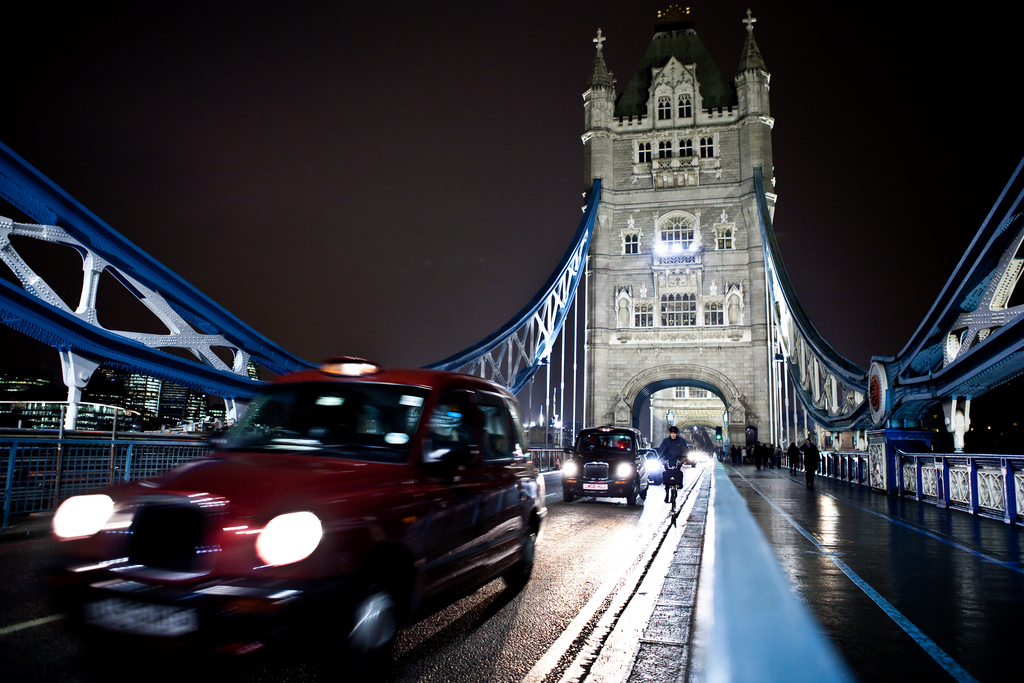There's a lot of talk about so-called clean diesel, which in North America means any diesel that meets tailpipe emissions standards that went into effect seven years ago.
Those standards, known as Tier II, Bin 5, are among the strictest in the world--and considerably tougher than the European standards in force over that period.
Europe, where roughly half the new cars are sold with diesel engines (it varies considerably by country), has long been held up by diesel advocates as a model for how the U.S. could significantly reduce its fuel consumption.
DON'T MISS: Volkswagen Jetta TDI: Much More Mileage Than EPA Admits?
Diesel combustion is more efficient than gasoline combustion, as a rule, and many diesel-engined passenger vehicles prove to get higher real-world fuel economy than the ratings under U.S. EPA test regimens--often not the case for hybrid vehicles.

Frazer-Nash Metrocab range-extended London taxi
But only next year will Europe move to exhaust-emission standards as tough as those in the U.S. (known as the Euro 6 standard).
Meanwhile, it turns out that diesel trucks and buses cause significant air pollution in European cities.
In London, for instance, the degree of nitrous oxides in the famous Oxford Street shopping district was fully three times the maximum recommended by the EU.
More startling, the NOx levels in London were even higher than those in the legendarily awful air of Beijing, according to a report issued in July.
Paris, too, has had numerous smog alerts--we experienced one last week while attending a workshop there--and reductions in car travel as a result appear to have lowered harmful airborne emissions, at least temporarily.

Diesel taxis in London (Image by Flickr user Lars Ploughmann, used under CC license)
The facts about European cities came in a Navigant Research blog post that looked at the role of highly-polluted city air in driving more stringent emissions regulations for vehicles and industry.
ALSO SEE: Beijing Slashes Car Sales Quota By 40 Percent To Tackle Air Pollution
So by all means purchase a diesel vehicle if you want to get better fuel economy and make the most of your transportation dollar.
Assuming, of course, that the higher purchase cost will be offset by lower fuel expenses, and especially if you drive long distances at highway speeds.
But if you don't want to worsen the emissions in your town or travel route, just make sure it's one that was built in 2008 or later.
________________________________________________













